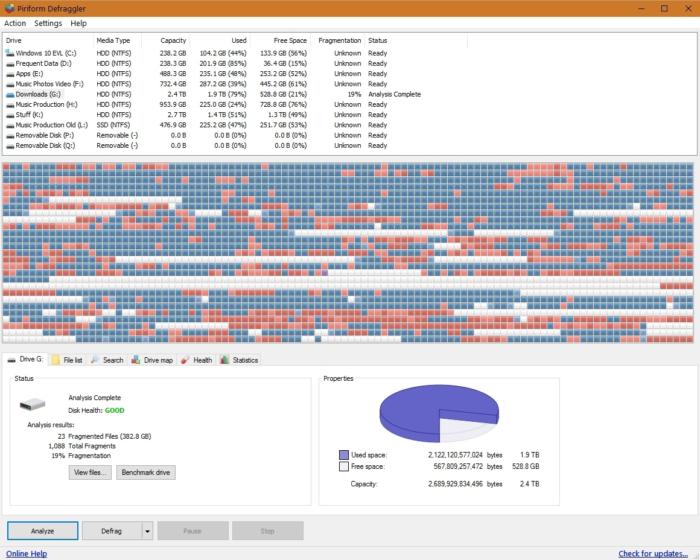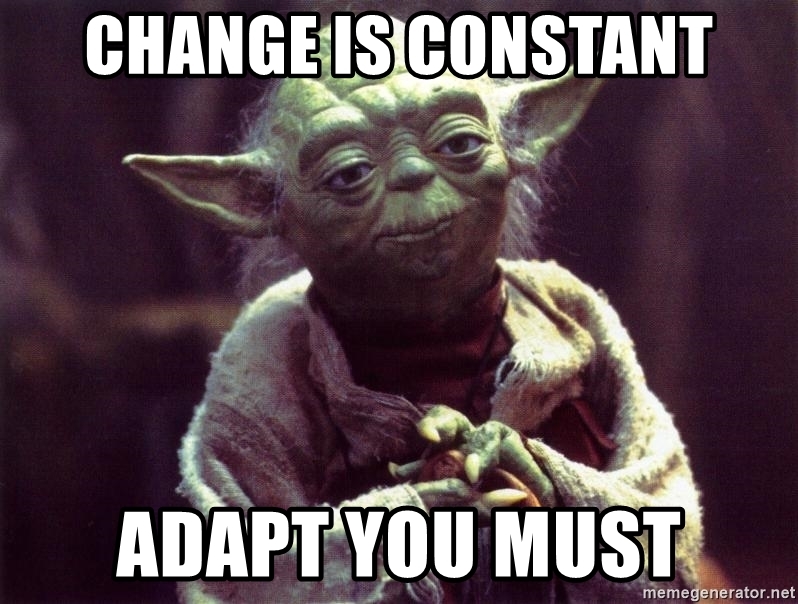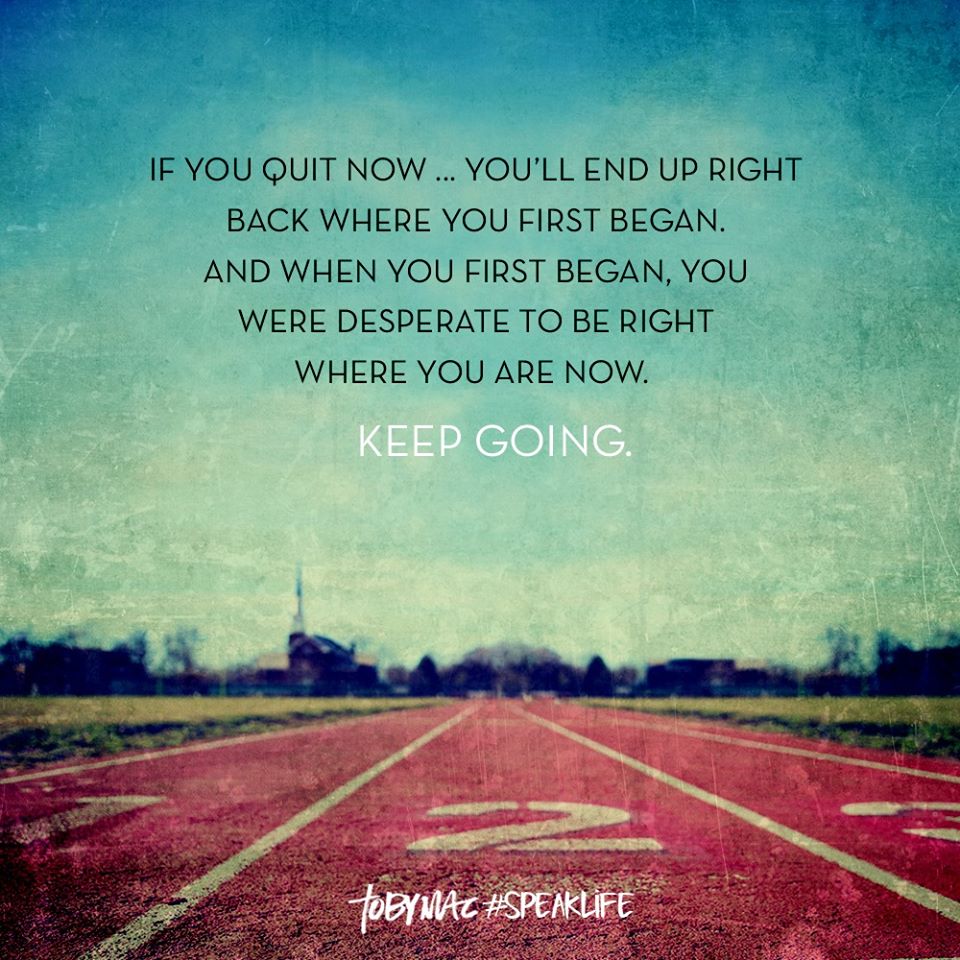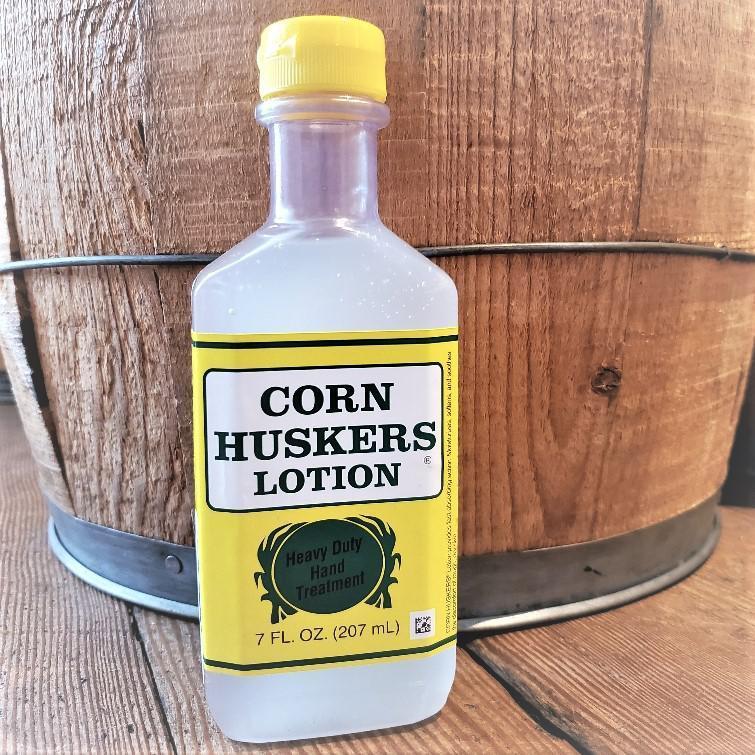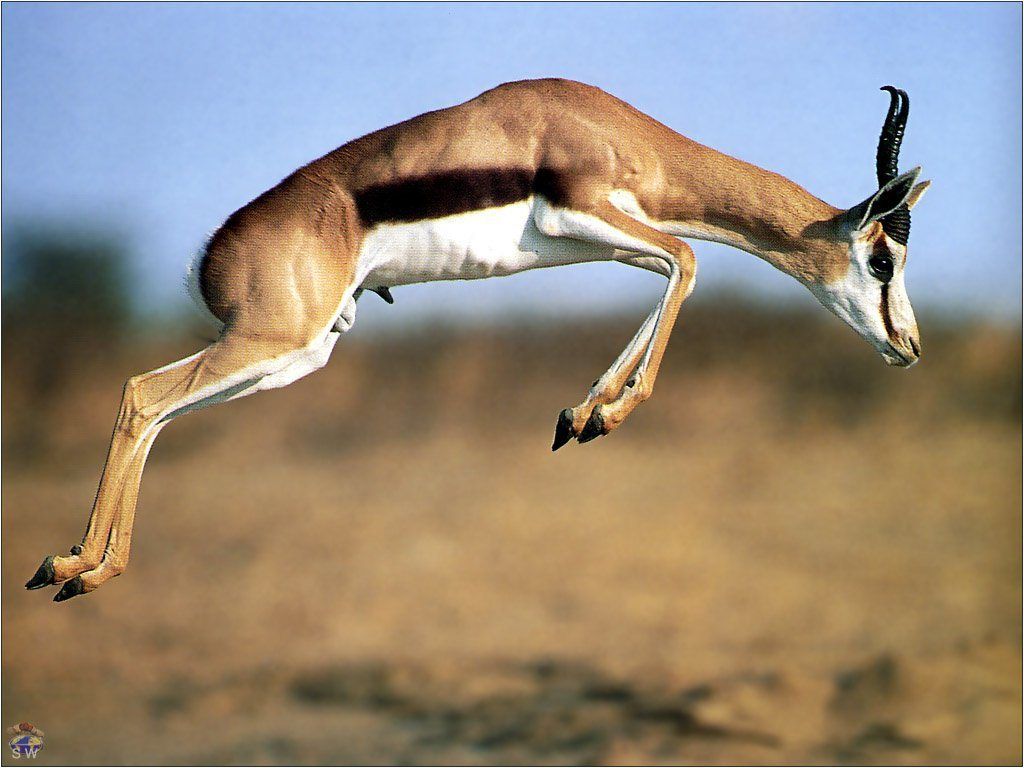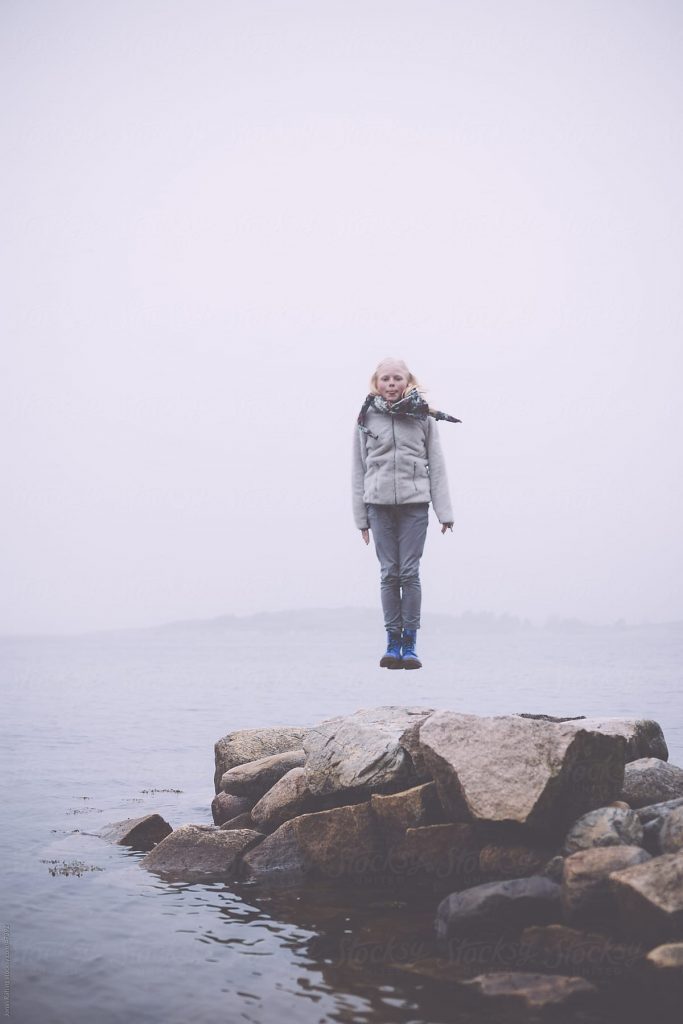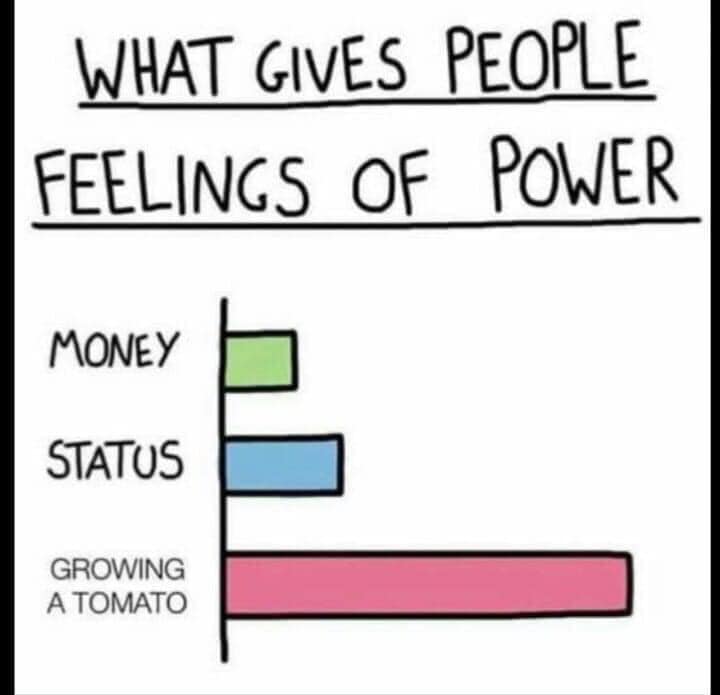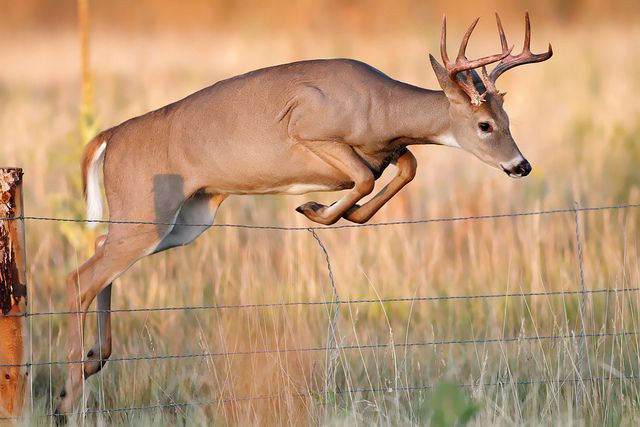Yesterday was a first here in Arkansas: we were under a tropical storm warning from Hurricane Laura. Tropical depression warnings are fairly common, but never a storm warning; our particular area was warned of high winds and possibly up to 10” of rain. While this is nothing in comparison to the devastation Hurricane Laura caused to Lake Charles, Louisiana and surrounding areas, it was still disconcerting to face the likelihood of damage from bad weather. In August, no less, which is typically so dry a month here that the grass dies.
I admit I felt really anxious yesterday morning. My husband was at work and I got the news that school would let out at 1 pm. (He is a teacher.) I think knowing that various schools and businesses were taking the threat of bad weather so seriously probably ratcheted up my anxiety level. Back in April, we lost power with lesser threats for over 5 days, so I prepared for that possibility.
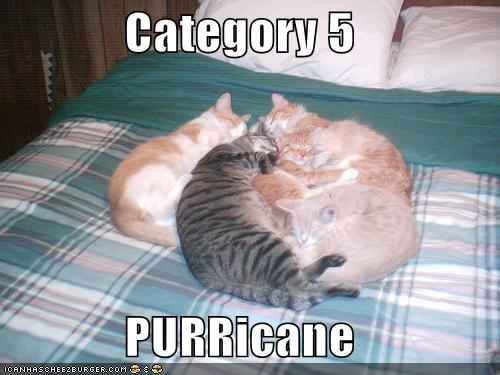
I made sure we had adequate food in the house to feed both us and my mother, since her home is full electric and we have a gas stove and water heater. Hubby topped off the gas level in the generator the night before, and I topped off the gas container first thing in the morning. And I cleaned. And cleaned. And cleaned some more, making sure flashlights and more were in place. I even moved a lawn chair, my purse, and a container with important documents into the bathroom — the best place to hide in our home if bad weather strikes. (Note to self: take them out!)
I had just finished cleaning when the power went out, and stayed out for the next three hours. I sat here, alone, listening to the wind howling, blowing things off the trees and hitting the roof. I watched the rain gauge rise. I comforted my dog, who in turn provided some comfort to me. And waited.
I’m sure that waiting is a familiar thing for those who live in hurricane areas. Not so much for us, here in landlocked states. If I lived in a hurricane-prone area, I know I’d be torn about leaving my things behind me, but that waiting, that fear of trees falling on the house, of physical threat, is excruciating. I think I would likely evacuate, but I know I’d fear for my home and my things. Sure, they can be replaced, but the emotions surrounding that sense of pending doom must be great, regardless of your choice.
Eventually, though, my husband arrived home safely, the power came on, the internet eventually settled down, and the only issues I’m dealing with today revolve around picking up branches and cleaning debris from the pool. Last night, I slept deeply, feeling exhausted from a day in which I physically did a lot less than I normally do — but it shows what toll anxiety takes, both physically and mentally. I slept the sleep of the relieved.
The visceral fear I felt, yesterday, was much like the latent fear I felt when I first began this journey — that sense of uncontrollable doom that might destroy not physical things, but me. It took a couple of years of working on my health before that fear fully dissipated. At my highest weight, in my first photos, you can see in my face that I felt horrible, that I worried my own actions of gaining weight might well kill me, that I feared no matter what I did, I was severely damaging or ending my own life.
I lay awake at night, feeling my heart race and bumping along, wondering if I might be on the verge of a heart attack. I feared falling, knowing that my immense weight could break a bone, or worse. Any time I walked into a doctor’s office, even for annual physical stuff, I blubbered over my weight, hoping maybe the doctor could give me an easy way forward toward getting the weight off.
Even though I felt all that fear and knew I was causing my own demise, I felt as if doing anything about it was beyond my ability; I’ve spent most of my adult life worrying about my weight, losing weight, regaining it.
But now, I feel the kind of relief that makes my shoulders drop a couple of inches, lets me breathe easier. Unlike a hurricane, I have a lot more control over my own choices and my own life. I’ve managed to reverse a lot of what I feared, even though I know the unexpected can still happen; I have spent the last nearly seven years in a process of repairing damage and preparing myself for whatever the rest of my life brings. That’s all we can really do in the face of adversity; prepare, meet it head on, and have the faith that we’ve done everything possible to come out on the other side.
